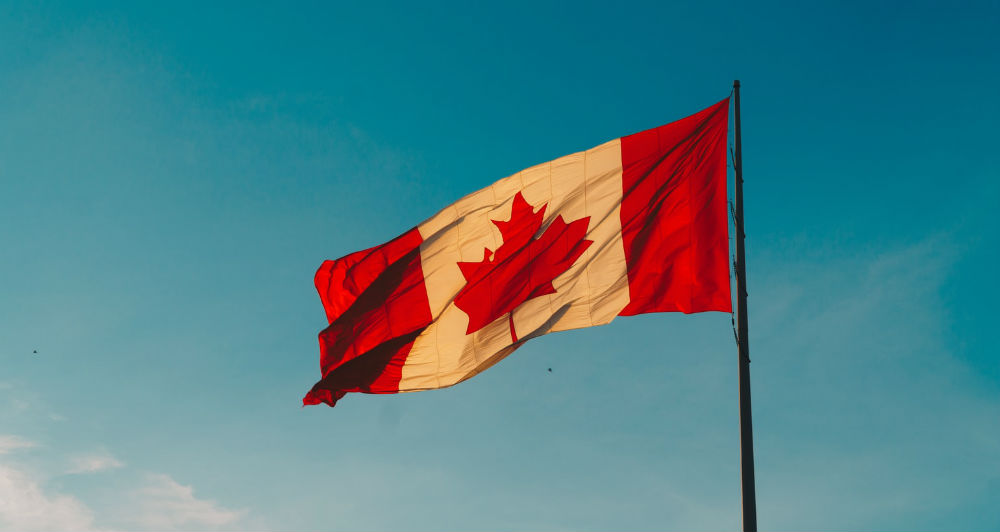Canadian citizens have been strongly advised to avoid travel to the Middle East as a result
of increasing tensions in the region.
On its official website, the Canadian Government has recommended caution on non-
essential visits to Iran and all travel to Iraq. This is as a result of an increasingly
unpredictable political and social situation in the region.
The advice comes in the aftermath of the Ukraine Airways Flight PS752 crash on the 8th of
January. The air disaster resulted in the deaths of all 176 passengers on board including,
approximately 60 Canadians.

The Iranian government has admitted to “human error” behind the accident. The flight to Kyiv was shot down accidentally during an Iranian missile strike against US military bases in Iraq.
The attacks themselves came as a response to the assassination of Iranian General Qasem
Soleimani by US drone in Baghdad on January 3rd.
Speaking at a memorial service for the victims in Edmonton Alberta, Canadian Prime
Minister Justin Trudeau called for “justice and accountability” for the crash. He added that the government would “not rest until there are answers”.
The Canadian government has also committed to providing support and consular services to those still in Iran who have been affected by the crash. Three members of the country’s rapid deployment team have been posted to Tehran to create a base of operations for the
Canadian state and to conduct further investigations into the tragedy.
Following the crash, there have been numerous protests across Iran against the
government. This has lead to an increasingly precarious security situation for those currently still in the country. Furthermore, dual citizen Canadian-Iranians and other foreign citizens in the country run the risk of being arbitrarily questioned or detained by police as the crisis continues.
Currently, the FAA and many international airlines are avoiding flying through Iranian and
Iraqi airspace entirely. This is expected to remain in place for the foreseeable future. The
change in flight routes over central Asia and the Middle East is likely to cause disruption to
worldwide travel as carriers adjust to the new situation.
The airspace over the Persian Gulf is a major thoroughfare for flights into and out of the
United Arab Emirates. The UAE is also itself a major stop-off destination for long-distance
flights between Europe and Asia and Australasia.
There are also currently many difficulties involved with travel to and from Iran itself as many direct flights from Canada and Europe to and from the country have been cancelled.
This has led to many foreign citizens becoming stranded in Iran.
It is not known when the situation will be assessed to be safe enough for flights to continue.
At present many airlines have grounded flights to and from Tehran until January 12th at the earliest until as late as January 20th.
The new advice and restrictions are just part of a wave of new travel realities affecting
Canadians in the new decade. As well as advice being in a place against travel to the Middle
East, citizens have also been warned not to travel to Australia as the country continues to
fight raging bushfires.
Additionally, travel to European destinations is to undergo adjustments in 2021 when the
new ETIAS visa waiver system comes into effect. This will lead to essential extra steps that
will need to be taken by Canadian citizens before travelling to the European Union for
business or tourism.
When this new EU Schengen travel authorization scheme comes into place, Canadians will
need to complete an online application and pay a fee up to 3 days before travelling to a
European country. This will apply in the case of travel to any of the 26 nations participating in the Schengen agreement.

